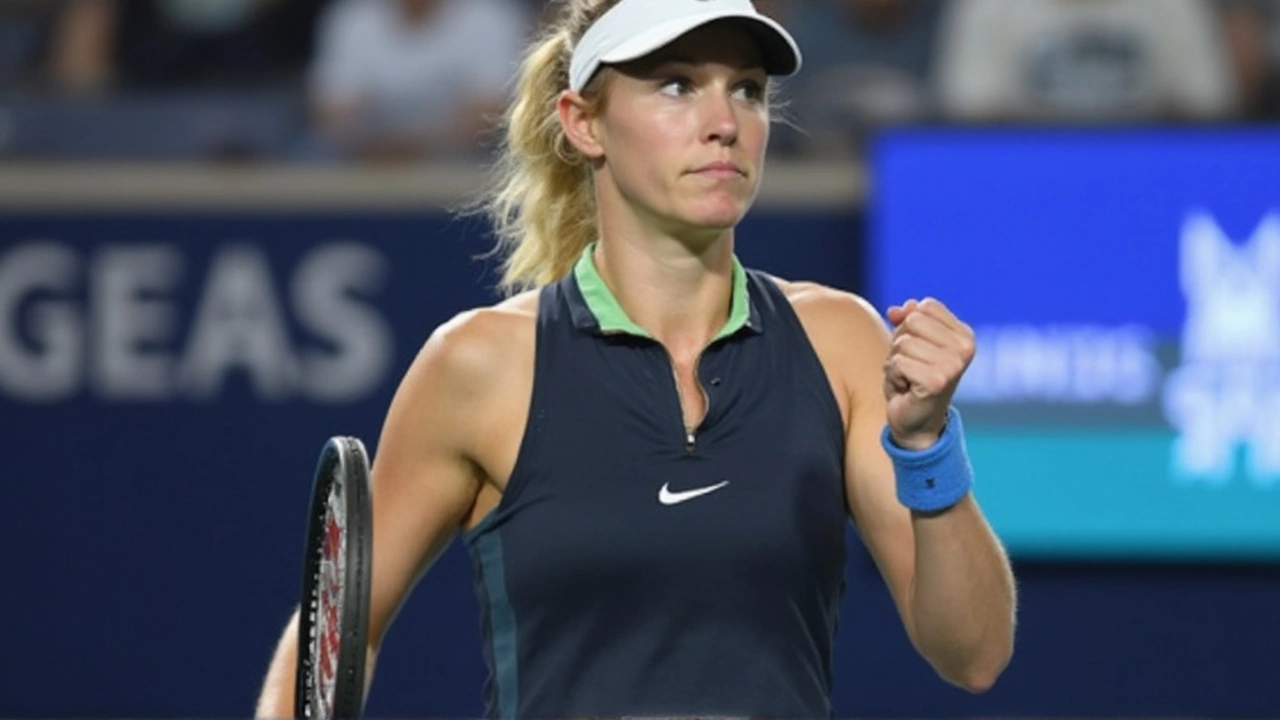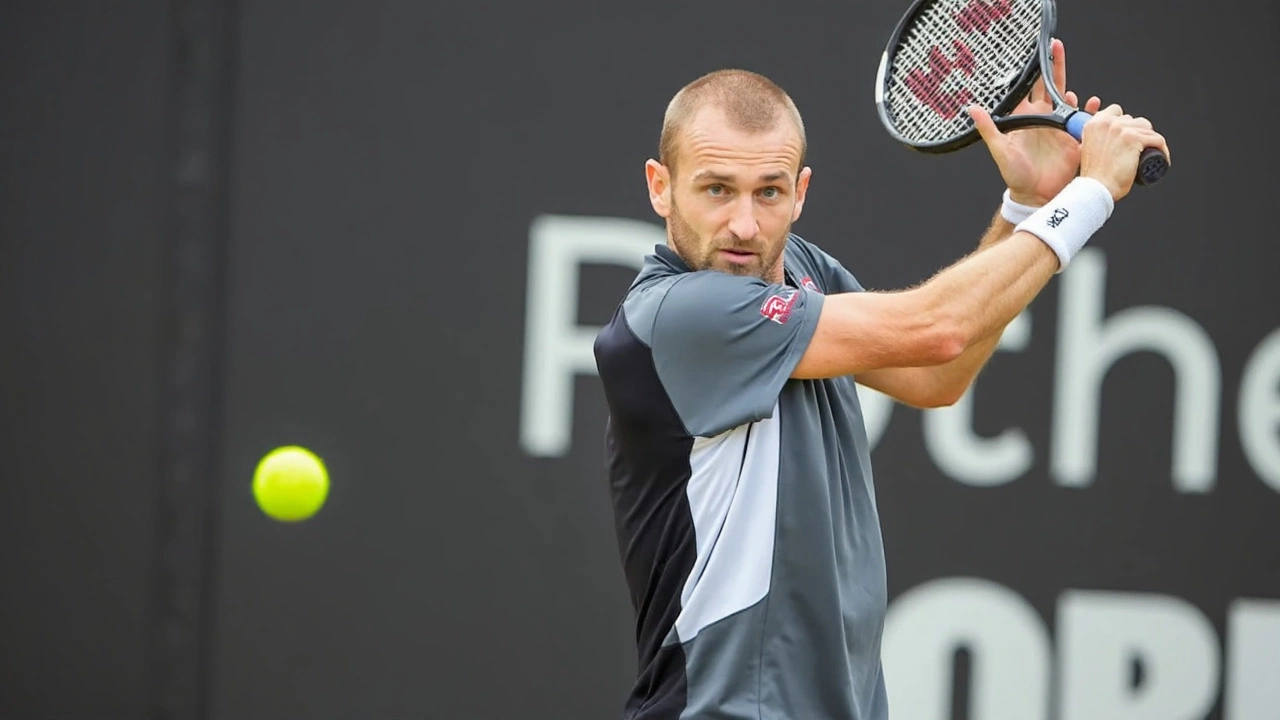Dan Evans Pushes Back on Schedule Critics at Queen's Club
When it comes to the non-stop grind of the ATP Tour, plenty of players have spoken out about exhaustion and the relentless calendar. But British tennis pro Dan Evans isn’t buying the complaints. During his run at the Queen's Club tournament, Evans didn’t hold back—reminding everyone that no one’s forcing players to show up at tournament after tournament. If they really are exhausted, he says, they have every right to skip events.
“You are allowed to not play,” Evans told the BBC in blunt fashion. “The reason they play is so they pick up their bonus pool. We’ve got to be careful moaning about it.” He pointed out that playing a packed schedule is about chasing the big financial rewards, not serving any sort of obligation. Evans doesn’t see why stars should paint themselves as victims when it’s clear there’s a lot of money involved—and that’s the driving force.

Money, Motivation, and the Debate Over Burnout
Lately, burnout has become a hot topic among tennis pros, with players highlighting the strain that travel and constant competition puts on both mind and body. The grass-court season—especially around the time of Wimbledon—gets particularly hectic, leaving little breathing room between matches in different countries. Some top-ranked players have spoken up about the emotional and physical toll, pushing conversations around changing how the schedule is built.
Evans isn't dismissing that tennis is hard on the body. But he’s calling out what he sees as hypocrisy. He says that most players would rather pile up appearances for a shot at bigger bonuses and ranking points, not because they’re being forced. In his eyes, if someone is desperate enough to complain about the schedule but keeps entering events for a check, their argument falls flat.
This perspective has caught attention since Evans himself isn’t riding a wave of big wins or sitting atop the rankings. Currently ranked 199th in the world, he’s been making headlines more for his upsets, like beating Frances Tiafoe at Queen’s, than for title runs. And yet, his words cut through the debate: tennis schedule complaints matter less, he argues, when players could simply take a break or skip less critical events instead of treating every tournament as essential.
Workload management has become a buzzword not just in tennis, but across pro sports. Some athletes want more say in how many games or matches they play, pushing back against what they see as damaging commercial pressures. Evans’ blunt take flips the script—challenging his fellow players to recognize their own agency and question whether financial motivations are behind the grumbling.
No doubt, this conversation isn’t ending any time soon. Evans has put a finer point on something that rarely gets said aloud on tour: you can’t have it both ways. The reality is that commercial interests and player welfare will always be in tension as long as being on court means big paydays. But as Evans points out, maybe the solution is simpler than it seems.
